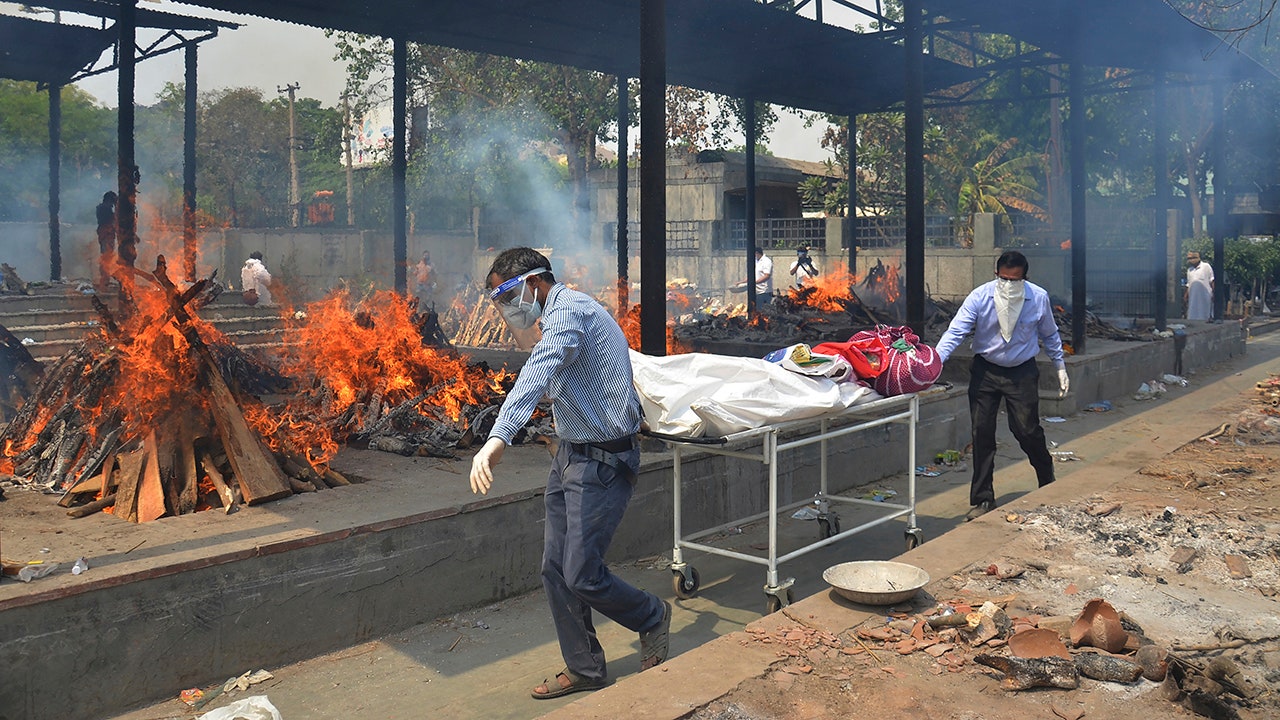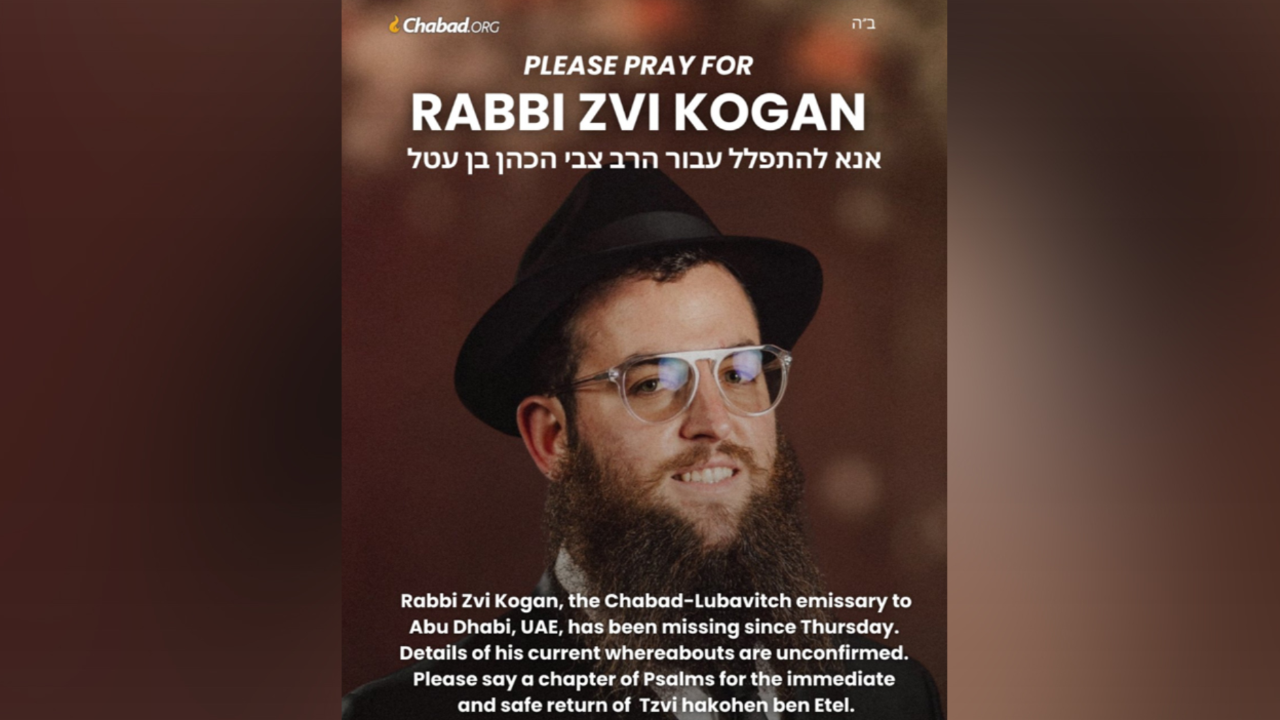An Israeli delegation arrived in Paris on Friday for talks with senior officials from Egypt, Qatar and the United States, the latest attempt to advance a deal for a cease-fire with Hamas and the release of hostages held in Gaza, an Israeli official said on Friday.
The Mossad chief, David Barnea; the C.I.A. director, William Burns; the Qatari prime minister, Mohammed bin Abdulrahman bin Jassim al-Thani; and Abbas Kamel, the head of Egyptian intelligence, are expected to attend the talks, according to a second Israeli official and a person briefed on the talks. All the officials spoke on the condition of anonymity to discuss the diplomatic developments.
Qatar and Egypt have been acting as intermediaries between Israel and Hamas, which do not negotiate directly.
The talks come a day after President Biden’s Mideast envoy met with Prime Minister Benjamin Netanyahu and other top officials in Israel, part of a flurry of efforts to negotiate the release of hostages and a pause in the fighting. According to Israeli officials, about 100 hostages are still being held in Gaza. At least 30 others there are dead, officials believe.
On Tuesday, Hamas said that a delegation led by Ismail Haniyeh was in Cairo to meet with Egyptian officials to discuss efforts to end the war. On Thursday, Hamas issued a statement saying that Mr. Haniyeh had met with the Egyptian intelligence chief and aides, and had concluded his visit. The statement said that among the topics those talks addressed were ending the war, the return of displaced people to their homes, humanitarian aid, swapping hostages for Palestinian prisoners, and “what the occupation is planning at al-Aqsa Mosque” during Ramadan.
Efforts to secure a cease-fire deal have taken on greater urgency as the death toll from four months of war in the Gaza Strip nears 30,000 Palestinians, according to health officials there, and as Israel’s stated plan to invade Gaza’s southernmost city, Rafah, raises international alarm.
The talks had appeared to stall last week, after discussions held in Cairo failed to reach a breakthrough. Mr. Netanyahu withdrew his negotiators, accusing Hamas of refusing to budge on what he called “ludicrous” demands and pledged to press on with Israel’s offensive.
But on Wednesday night, Benny Gantz, a member of Israel’s war cabinet, said that there had been momentum on a new draft of a deal that indicated a “possibility to advance.”
And on Thursday, a White House official said that President Biden’s Middle East coordinator, Brett McGurk, had held “constructive” meetings in Israel with Mr. Netanyahu; Yoav Gallant, the Israeli defense minister; and other members of Israel’s war cabinet.
“The initial indications we’re getting from Brett is these discussions are going well,” said the official, John Kirby, a spokesman for the National Security Council. He also said that Mr. McGurk had spent a “good couple of hours” with Mr. Netanyahu.
Mr. McGurk was focused on whether negotiators could “cement a hostage deal for an extended pause to get all of those hostages home where they belong and get a reduction in the violence so that we can get more humanitarian assistance,” Mr. Kirby said.
Mr. Gallant, after meeting with Mr. McGurk on Thursday in Tel Aviv, said that Israel’s government would “expand the authority given to our hostage negotiators.”
One person briefed on the talks, speaking on condition of anonymity, said there were indications that both Hamas and Israel were willing to negotiate over an interim deal that could exchange 35 Israeli hostages who are either medically frail or older for an undetermined number of Palestinian prisoners.
Mr. Kirby said Mr. McGurk intended to press the Israeli war cabinet for its plans for its military operation in Rafah.
“Nothing has changed about our view that any operation in Rafah without due consideration and a credible executive plan for the safety and security of the more than a million Palestinians seeking refuge in Rafah would be a disaster,” Mr. Kirby said. “We would not support that.”
Earlier this week, the United States vetoed a U.N. Security Council resolution that would have called for an immediate cease-fire in Gaza. Israeli and U.S. officials have argued that an immediate cease-fire would allow Hamas to regroup and fortify in Gaza, and reduce the pressure for making a deal to release hostages held in the territory.
The United States has drafted a rival resolution, which is still in early stages of negotiations, that calls for a temporary humanitarian cease-fire “as soon as practicable,” and the release of hostages.
Adam Sella and Cassandra Vinograd contributed reporting.





